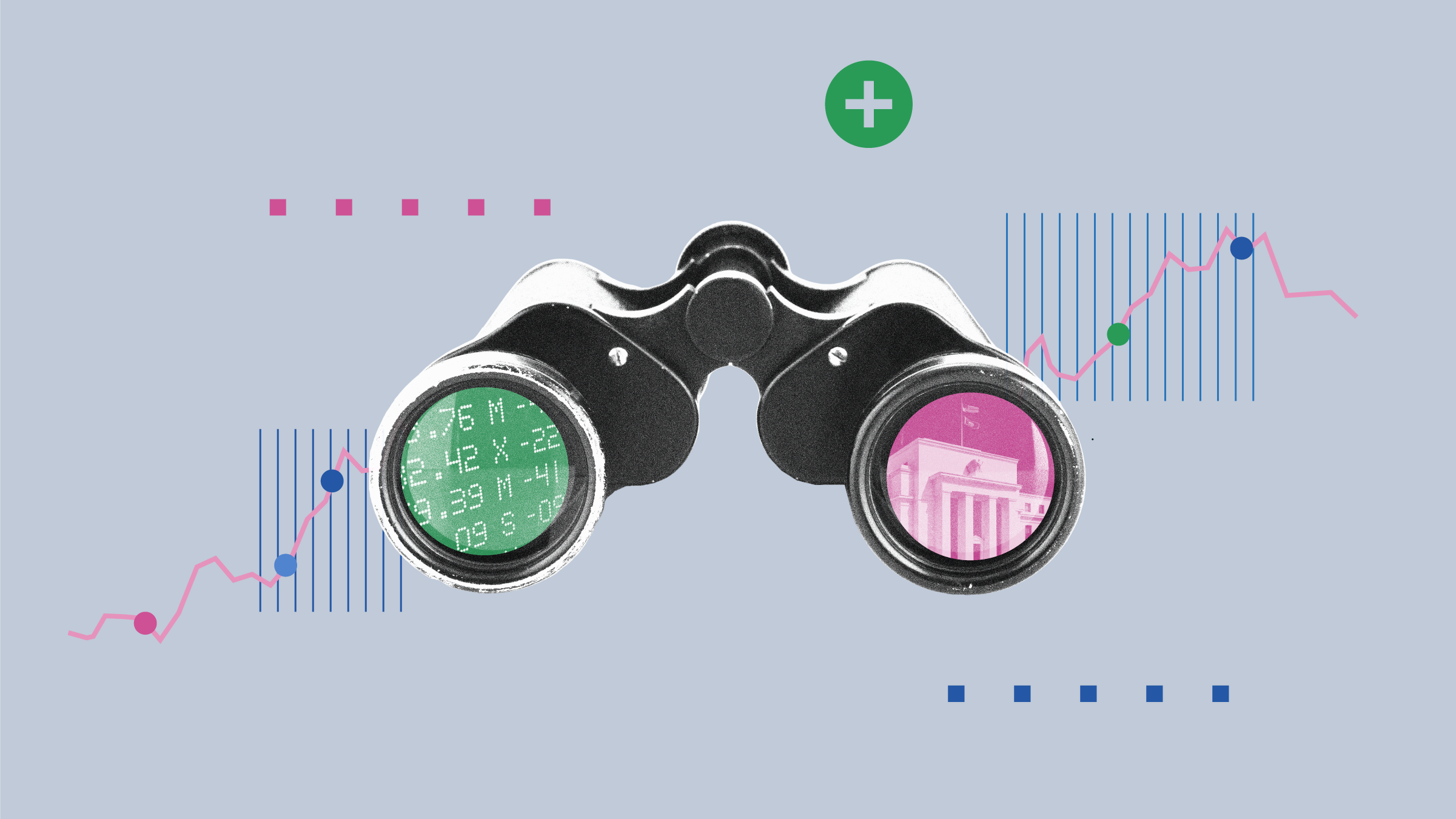Inflation has fallen to 2% - the Government’s official target – for the first time since 2009. But while most of us have benefitted from the slowdown in the rising cost of living, not households are experiencing inflation equally.
Thanks to the differing proportional spend on essentials such as food, gas, electricity and petrol consumers aged between 30 and 39 have quite a difference level of inflation to those that are retired.
According to a report by investment platform Alliance Trust, young pensioners, those aged 65 to 74 experience the lowest level of inflation at just 1.7%. This is because the highest proportion of their income goes on items that have experienced less than average inflation – such as food and leisure activities. The Office of National Statistics (ONS) revealed that the cost of recreation and culture rose just 0.8%. This age group are also protected from some of the highest risers too – such as the cost of education, which inflated 10.3%. Younger adults spend more of their income on alcoholic beverages and tobacco, the cost of which rose 5.8% in 2013.
But it was older pensioners who experienced the highest level of inflation according to the report. The cost of living for those aged 75 and older rose 2.2% last year – and this age group suffered the highest rate of inflation all year. This is due in part to the fact that the over 75s spend the highest proportion of their income on gas and electricity. According to the ONS the cost of housing, water, electricity and gas rose 3.7% last year – but if you breakdown the cost of household fuel alone this has jumped 8%.

Linsey Thomson, economic analyst at Alliance Trust, said that the over 75s have suffered the highest rate of inflation throughout the whole of 2013 and this will be putting a strain on their budgets.
“The main contribution still comes from higher gas and electricity prices and due to the price hikes announced a few months ago, we can expect these rates of inflation to remain in place for much of 2014, keeping the inflation rate of this age group elevated,” she said. “Interestingly, it is the young pensioners who have the lowest rate of inflation as it appears that this age group is benefiting from a combination of factors at the moment – lower food, petrol and package holiday inflation rates.”

























